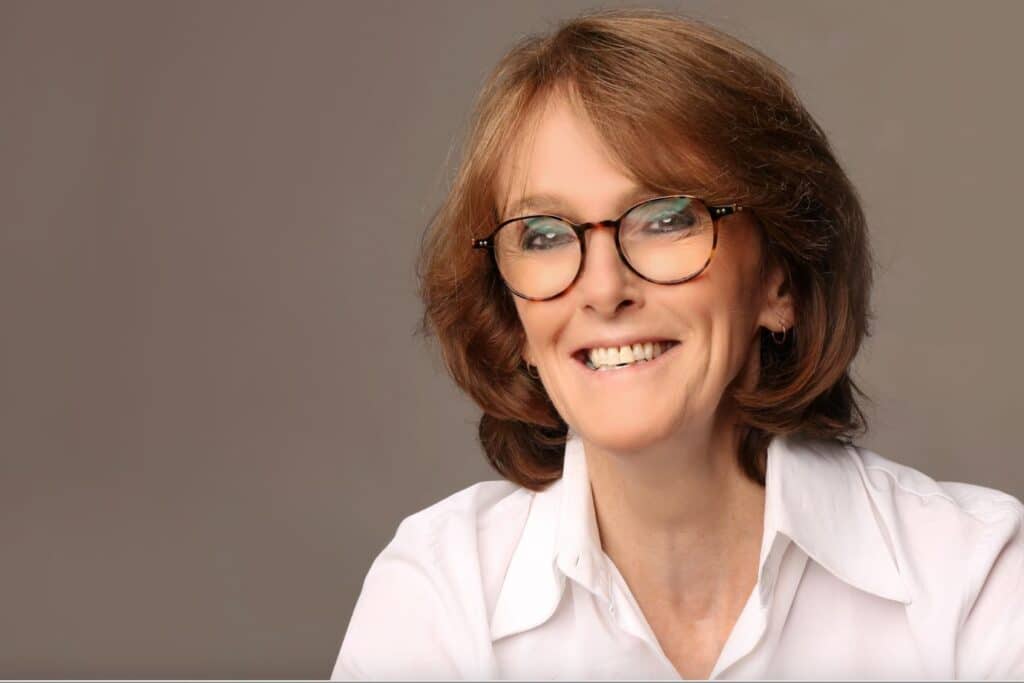Dr Cathy Foley’s son has a liquid nitrogen scar on his hand. When he was younger, his mother, now Australia’s Chief Scientist, was forced to sneak him into the lab with her – because there were no childcare centres open late enough.
“It wasn’t easy when I had kids,” said Dr Foley on the ABC’s Q+A program on Monday night.
Dr Foley, who was working for Australia’s leading science agency CSIRO at the time, decided to take matters into her own hands. In her role as the Treasurer of the CSIRO, she worked with the local council and had a childcare centre built herself.
“That’s what you had to do if you wanted to be able to work,” she said.
Dr Foley is an inspiration to women in science, technology, engineering and mathematics (STEM) in Australia. Last night, she appeared on the Q+A panel to discuss how to spotlight women in STEM this National Science Week, particularly off the back of the Matilda’s success and popularity throughout the FIFA Women’s World Cup.
“We need to turn it (STEM) into something which people can recognise and can see it as part of who they are, and hopefully encourage a whole lot of young women to think, ‘I can be that’,” she said.
Women in STEM
Dr Cathy Foley was appointed as Australia’s ninth Chief Scientist in January 2021, after working a lengthy career with CSIRO. There, she made a number of contributions to research in nitride semiconductors and superconducting electronics.
She has been elected into the Australian Academy of Science in 2020, she was named an Officer in the Order of Australia in 2020, she received the Clunies Ross Medal of the Australian Academy of Technological Science and Engineering in 2015, among many other prestigious awards and recognitions.
Dr Foley is one of a handful of women leading the way in STEM. Women still make up just 36% of enrolments in university STEM courses, less than a quarter of STEM-related senior management roles, and only 8% of CEO roles in STEM-qualified industries
Dr Foley said there needs to be more support for women in the early stages of their career, so more women can achieve what she has achieved.
“I don’t think we look after women when they’re in the early stages of their career,” she said.
“That’s actually probably universal in science around the world. But Australia particularly does a bad job.
“There are too many short-term, insecure jobs. Universities don’t do a good job at that. A lot of it has to do with the structural way of funding the research.”
Dr Foley said it becomes even more difficult if a woman scientist decides to have children.
“When women take career breaks to have kids, they find it very difficult to get back into the system,” she said.
“So when you’re wondering why you don’t have enough women in those roles, they’ve got to make up a bit of time.”
According to the latest Census data from the Australian Bureau of Statistics (ABS), women on average do up to 14 hours of unpaid work in their household, whereas men do up to seven hours, Dr Foley said.
“We do twice the amount of work at home,” she said.
“So therefore there’s not as much time to be writing up your papers on the kitchen table on a Sunday night.”
Scientists vs The Matildas
This week, almost every headline in the Australian media makes mention of The Matilda’s, Australia’s national women’s soccer team who, for the first time, have progressed into the semi-finals of the FIFA Women’s World Cup.
But there are others wins for women running alongside the Matilda’s success, including women in the STEM industry, according to Meganne Christian, Australia’s first female scientist selected in the European Space Agency.
“It’s very easy to understand winning a sport, and people get behind a team who’s winning,” Christian said.
“Fundamentally, it’s the same deal. There’s so much grassroots stuff that goes on behind it.”
This week in Australia is National Science Week, and Christian encouraged kids to get involved in museums, science programs and more, the same way kids are encouraged to get involved in weekend sport.
Bestselling author, mathematician and comedian Adam Spencer said there is a communication issue in “telling the stories” of the wins in STEM.
“The things that we’re doing in that space (STEM) is magic,” he said.
“We just need to be better at telling the story to the next generation of young nerdy maths geeks.”



